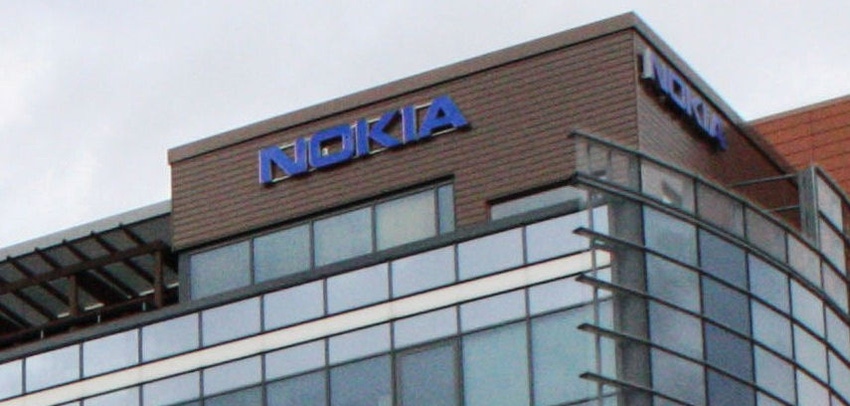Nokia’s proposed acquisition of French networking vendor Alcatel-Lucent has been approved by the European Commission, paving the way for the deal to be finalised.
July 27, 2015

Nokia’s proposed acquisition of French networking vendor Alcatel-Lucent has been approved by the European Commission, paving the way for the deal to be finalised.
Approved under the EU Merger Regulation, the Commission concluded the proposed transaction wouldn’t be a cause for concern in the competitive landscape since the two companies, as they operate today, aren’t considered to be close competitors; and because the industry currently witnesses healthy levels of competition with multiple other infrastructure players.
Having primarily focussed on the potential effects the deal might have on the mobile network infrastructure industry, the Commission said the relative geographic strengths of each company – ALU in North America, Nokia in Europe – combined with the limited overlap of current equipment on offer means there are few concerns of anti-competition arising as a result of the acquisition.
“Commission found that, despite the merged entity having combined market shares around or above 30% for several specific types of equipment, the overlaps between the two companies’ activities are effectively limited,” the Commission said in a statement. “Indeed, Nokia has a strong presence in the European Economic Area, where Alcatel-Lucent is a small player, and conversely Alcatel-Lucent has a strong presence in North America, where Nokia’s activities are rather limited.”
The announcement indicates the Commission’s acceptance of the merger at Phase I stage, meaning there is little necessity for an in-depth investigation into the potential consequences the acquisition may have on the wider telecoms industry. The Commission said it has no concerns the wider market will be negatively impacted by the acquisition.
“The Commission also looked into the possibility of the transaction leading to the markets concerned being more susceptible to coordination between the remaining players,” it said. “However, it concluded that the transaction would not significantly change the market structure to make coordination easier, in particular given the importance of technological innovation and a lack of transparency in the markets concerned.”
About the Author(s)
You May Also Like








.png?width=300&auto=webp&quality=80&disable=upscale)


_1.jpg?width=300&auto=webp&quality=80&disable=upscale)


.png?width=800&auto=webp&quality=80&disable=upscale)